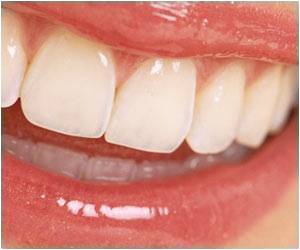A recent study from McGill University found that dental implant procedures may be twice as likely to fail in patients who are using common antidepressants.

Dr. Kevin Sands takes into account a patient's personal, medical, and dental history to ensure that the restoration options he recommends are the most appropriate. He explains, "If you're interested in a new smile makeover, give us a call at the office, talk to the treatment coordinator, set up a no-charge consultation, and I will educate you on all the procedures out there. I will explain the pros and cons, and I will show you before and after pictures." He also explains the dental implants cost, which can vary according to a patient's needs.
A single tooth implant is often the best choice for replacing a single tooth while full mouth dental implants can be used with dentures to replace all of a person's teeth. "It's just like your natural tooth. We place a titanium post into your gum, and we can actually make a tooth look like you were born with it. You can floss in between it; you don't have to prepare the teeth next to it … Nowadays, if you're missing a tooth, with a dental implant you can have your smile back," says Dr. Sands. This new research on SSRIs may indicate that patients who are using antidepressants may need to consider another type of restoration or be more closely monitored during the healing process.
Source-Medindia














